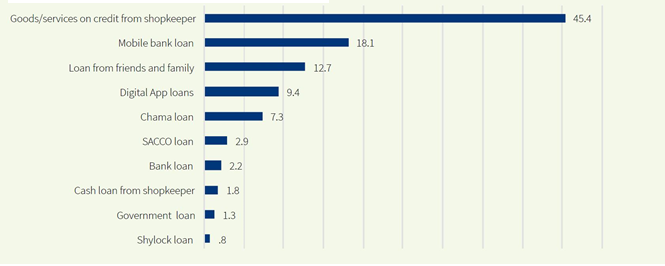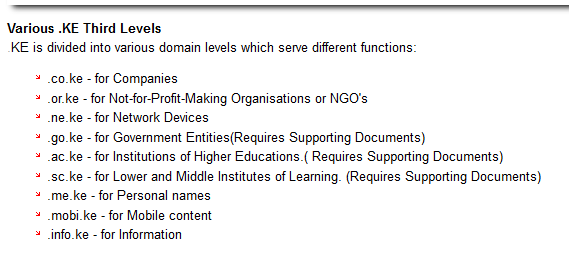Why all this fuss about a New Year? Is it even real?
As Thomas Mann once said, “Time has no divisions to mark its passage; there is never a thunder-storm or blare of trumpets to announce the beginning of a new month or year. Even when a new century begins it is only we mortals who ring bells and fire off pistols.”
Why then should it matter?
Time
is a Measure of Change
Time is real, and seasons too. We cannot ignore a factor that affects every aspect of our lives.
Time is not a social construct, even though nature seems not to react to changes in years or decades. Even nature is subject to time.
Time is a measure of change, and thus a new year is measure of change that represents more than 1% of all your life (unless if you live to be more than 100). Some people imagine time to be a long thread on a reel which spins slowly but consistently, or a winch where we are all attached by an imaginary rope and it is always winding up without our consent. Perhaps, spinning faster for women than for men (G.K Chesterton?).
In real sense, even the winch is subject to
time. We are all changing, and we need to ensure that we change for the better.
Even though we may be wasting away in our bodies, we must ensure that our
active faculties are changing for the better. This requires effort.
Whether we make
resolutions or not, a new year will come and go. We had better make good use of
the year, as we definitely do not have an infinite number of years here on
earth.
The Future
If only we knew what the next season in life holds! This could be reason why we wish for time travel now more than ever!
Prophets, seers, oracles, or even their
corporate version, the futurists, will try to tell you of what will happen in future.
Nevertheless, no matter whom we consult, we cannot get an accurate prediction
of the future, and that is why we make resolutions to guide us in the unknown.
We have plans, manifestos and roadmaps to ensure that we are moving in a
certain direction.
New
Year Goals
The world is diverse by design, and our diversity
needs to work for our good. We should be united by our purpose in life and how
we make sense of the world around us. As we make plans and goals, the most important
thing is to ensure that we uphold values that show concern for every person. One
will be hoping to make it to grade one, another one to college, another person
to graduate, another one to get a job, another one to get a promotion. All
these are equally important, and none is superior to another.
As some people make plans on how to make it to the list of top something under something, others will be thinking of some more basic things.
It is said that a healthy man has 1000
dreams, while a sick man has only one. As you make great resolutions, there is
someone who only wants to stay alive in the new year. As you plan for great business
expansion, there are businesses whose only hope is to stay afloat next year. As
you look forward to a promotion at work, there is that one person whose goal is
strength to survive a toxic work place until they find the next job. Our dreams
are diverse.
With all this diversity, I hope that we
shall be considerate of one another. We shall respect both the poor and the
rich. We shall work hard to move forward not just as individuals, but as a
community and society. Whether we live or die, let it count positively. Whether
we have success or failure, let the general outcome be a better society. Let us
practice contentment and gratitude, for as long as we have food on our table,
clothing on our body, and a shelter on our head, we have more than most people
on earth.
Give us this year our annual bread, and
forgive us our trespasses.











